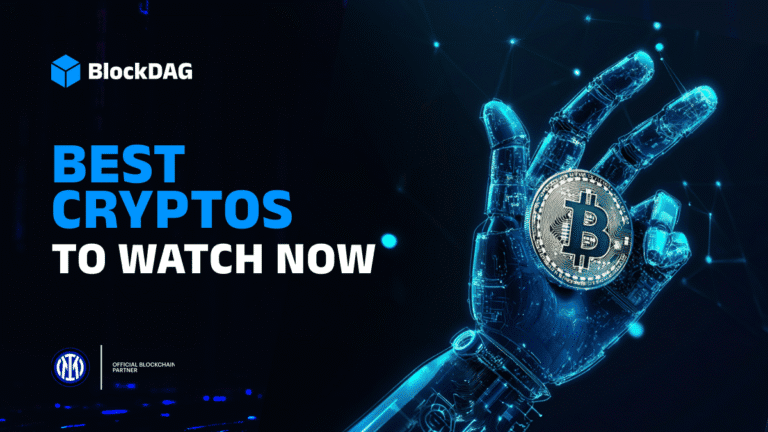BlackRock CEO Proposes Asset Tokenization, Eyes Stablecoin Expansion
- Larry Fink promotes asset tokenization and stablecoin prospects.
- Emerging focus on digitizing $110 trillion assets.
- Potential trillion-dollar growth in stablecoin sector.

Lately, BlackRock CEO Larry Fink emphasized tokenizing $110 trillion worth of assets and suggested a massive future stablecoin market.
The proposal could revolutionize asset management, with the crypto community showing interest in stablecoin market implications.
BlackRock Targets $110 Trillion in Asset Digitization
Larry Fink, CEO of BlackRock, recently addressed the potential of asset tokenization. He highlighted an ambition to digitize $110 trillion in assets. BlackRock’s engagement indicates a significant alignment with digital finance evolution.
Every stock, every bond, every fund — every asset — can be tokenized. If they are, it will revolutionize investing. Markets wouldn’t need to close. Transactions that currently take days would clear in seconds. — Larry Fink, CEO, BlackRock
Fink’s comments underline an emphasis on efficiency, suggesting tokenization might streamline asset management. This move aligns with BlackRock’s strategy to integrate blockchain technologies more extensively into financial systems.
Stablecoin Sector Poised for Trillion-Dollar Growth
Fink’s tokenization advocacy signals to investors and markets a potential transformation in asset handling. The financial sector has already begun considering blockchain-based solutions for increased transparency and accessibility.
Stablecoins could see exponential growth, bolstered by a $110 trillion asset influx. This shift might position stablecoins as a critical element in future financial architectures, sparking investor interest.
BlackRock’s Blockchain Move Echoes Past Fintech Waves
Tokenization discussions have emerged over the last decade, with institutions like BlackRock now giving weight to the concept. Similar sentiments have been echoed as blockchain applications gain traction globally.
Experts forecast significant advancements in asset management efficiencies, paralleling past fintech innovations. The integration of blockchain technology could further streamline global finance, offering robust solutions to existing barriers.




